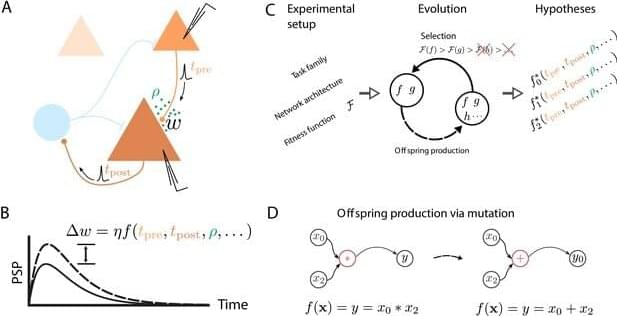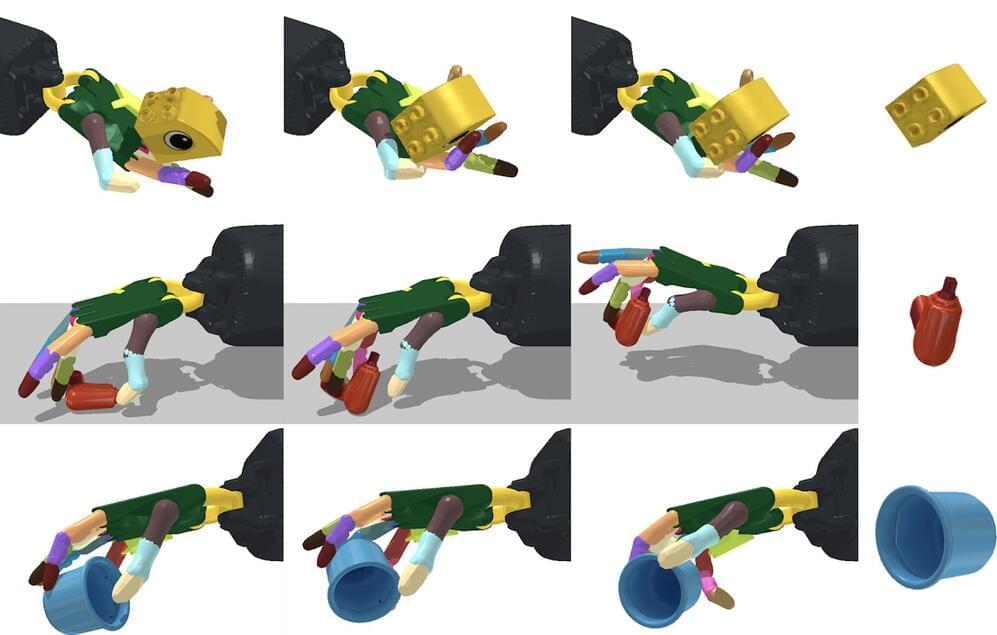Uncovering the mechanisms of learning via synaptic plasticity is a critical step towards understanding how our brains function and building truly intelligent, adaptive machines. Researchers from the University of Bern propose a new approach in which algorithms mimic biological evolution and learn efficiently through creative evolution.
Our brains are incredibly adaptive. Every day, we form new memories, acquire new knowledge, or refine existing skills. This stands in marked contrast to our current computers, which typically only perform pre-programmed actions. At the core of our adaptability lies synaptic plasticity. Synapses are the connection points between neurons, which can change in different ways depending on how they are used. This synaptic plasticity is an important research topic in neuroscience, as it is central to learning processes and memory. To better understand these brain processes and build adaptive machines, researchers in the fields of neuroscience and artificial intelligence (AI) are creating models for the mechanisms underlying these processes. Such models for learning and plasticity help to understand biological information processing and should also enable machines to learn faster.




